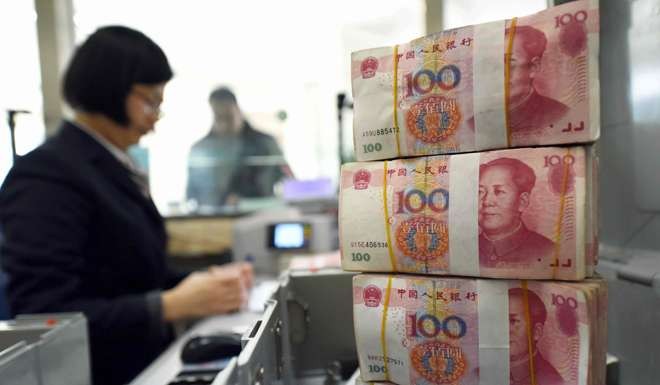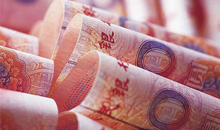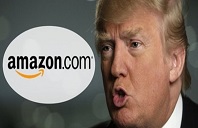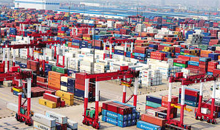
For two decades, China has been one of the countries on a US watch list aimed at identifying trading partners that manipulate their currencies in order to keep their exports cheap.
Complaints that Beijing kept the yuan exchange rate artificially low escalated as China’s bilateral trade surplus soared, with regular threats to label it a currency manipulator.
Washington has not taken that drastic step since the early 1990s, but US president-elect Donald Trump has vowed to do so, shrugging off the prospect of exacerbated tensions between the world’s two largest economies.
Trump is not the first American politician to vow to play hardball with China during an election campaign. In 1992, Ross Perot accused president George H. W. Bush of shipping jobs to China. Before the 2000 election, Bush’s son, George W., vowed to treat China as an economic competitor. Four years later, John Kerry accused president George W. Bush of being “asleep at the wheel” for failing to address China’s currency manipulation. During a 2008 Democratic Party primary debate, Barack Obama vowed to “take [China] to the mat on [currency manipulation]”.
But President Obama’s administration refrained from labelling China a currency manipulator. During a 2012 presidential election debate with Obama, Republican Party nominee Mitt Romney made the boldest campaign promise on the issue, vowing to label China a currency manipulator on “day one” in office.
So when Trump vowed on the campaign trail to attack China’s currency policy and slap a 45 per cent tariff on imports from China, on the other side of the Pacific the Chinese leadership, think-tanks and state media took it as just more angry rhetoric. They thought Trump, like his predecessors, would embrace engagement.
But a succession of red flags since Trump’s election victory in November have caught them off guard. It was only recently that China, in the middle of intense horse trading ahead of the Communist Party’s national congress this autumn, began to prepare for economic ties with the US entering uncharted waters.
“China will not undertake radical reforms in foreign exchange rate polices, if that’s what the US would press for,” said Sun Lijian, an economist at Fudan University in Shanghai. “The accusation from the US has never disturbed China’s own pace of currency reform, and it would remain so this time.”
An employee counts 100 yuan banknotes at a bank in Lianyungang, Jiangsu province.
China was first listed as a currency manipulator by the George H. W. Bush administration in May 1992. The US Treasury Department report attributed the inclusion to “the size and growth of China’s external payments surpluses” resulting from “pervasive administrative controls” maintained by Beijing, “including a highly regulated system of foreign exchange allocation and direct controls on imports.
Find the full article here.
(Source: www.scmp.com/)



























 沪公网安备31010402003309号
沪公网安备31010402003309号